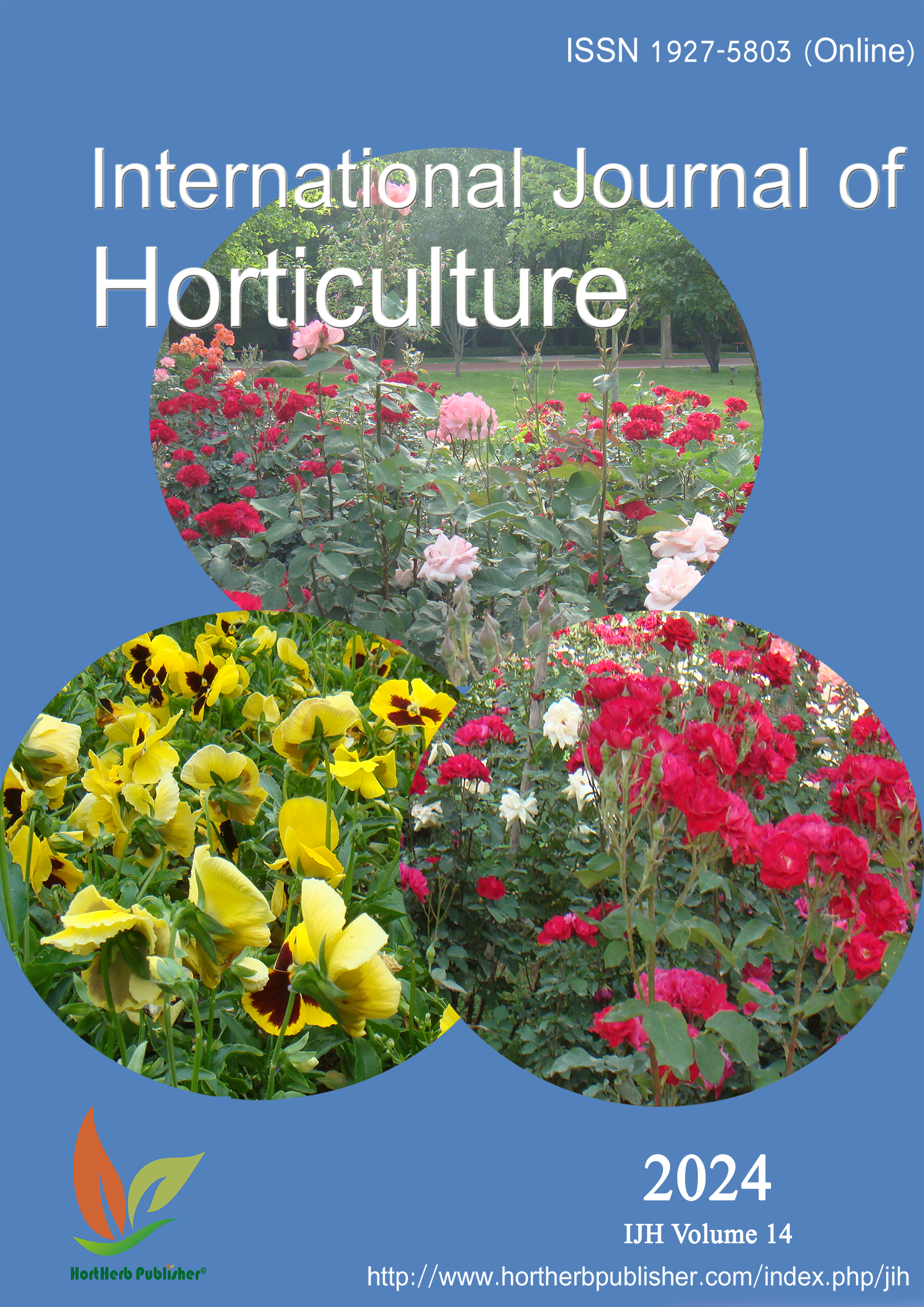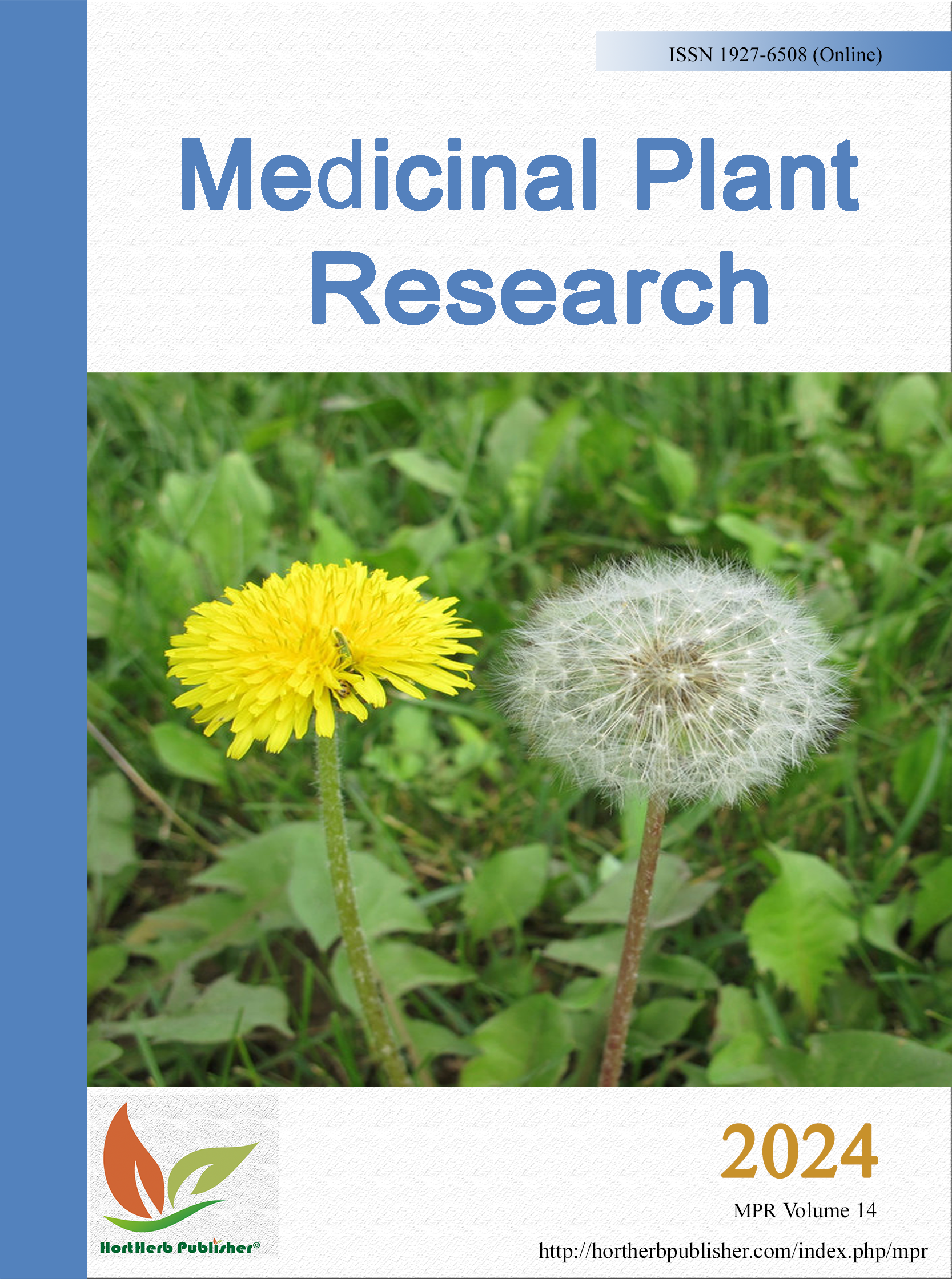Email alerts
Receive periodic updates of the latest contents
published in the journal.
Editorial Board
Journal of Tea Science Research (ISSN 1927-6494) is an open-access journal operated by HortHerb Publisher on an online publishing platform in Canada. The journal appoints scholars with expertise in tea science and experience in journal management as editors-in-chief and selects renowned scientists worldwide as associate editors and editorial board members, forming the editorial board of the journal. Associate editors and board members can be nominated by the editor-in-chief, recommended by the editorial board, or self-nominated, and their qualifications are confirmed by the Journal of Tea Science Research Editorial Board Assembly.
Editor-in-Chief:
Henry Smith, Ph.D.
The HortHerb Publisher, British Columbia, Canada
Editorial Office
All editorial and publishing affairs are managed by the editorial office located in Richmond, Greater Vancouver, Canada. Typesetting, graphic editing, and publication production are outsourced to Daxi Culture Service.
Senior Academic Editor: Henry Smith (henry.smith@sophiapublisher.com)
Managing Editor: Natasha C. Liu (edit@jtsr.hortherbpublisher.com)
Publishing Manager: Cynthia Lavin (edit@jtsr.hortherbpublisher.com)
JTSR welcomes scientists worldwide dedicated to contributing expertise in this research field and anyone interested in becoming an editor to join our team. Click here to learn how to become an editor of JTSR.
Editorial Board Members
(The list is arranged in alphabetical order by surname)
Litang Lv, Ph.D., Professor
College of Tea, Guizhou University,
Guizhou, China
Mingguo Jiang, Ph.D., Professor
Guangxi Key Laboratory for Polysaccharide Materials and Modifications,
School of Marine Sciences and Biotechnology,
Guangxi Minzu University, Nanning, 530008,
Guangxi, China
(Show more)
Peer Review Experts
(The list is arranged in alphabetical order by surname)
Journal of Tea Science Research implements a comprehensive peer review policy, inviting globally renowned scholars to serve as peer reviewers. To thank them for their contributions, the names and institutions of the 2023 annual peer review experts, listed with their consent, are as follows.
Hongyan Li, Associate Professor, State Key Laboratory of Food Science and Technology, Nanchang University, China
Research interests: Developed rapid and sensitive UPLC and HPLC analytical methods for phytochemicals; Purified and identified phytochemicals in different plants by LC-MS; Extracted, seperated, identified and quantified phytochemicals such as carotenoids and phenolics in plants; Investigated the antioxidant and anticancer activities of plants, as well as their antioxidant interactions.
Paul Mark Dias, Scientist, Unilever R&D Bangalore, India
Research interests: Cellular signaling mechanism for functional actives in tea; Nitric oxide biology and health, especially on vascular function, immunity, detoxification and pigmentation; Tea processing; Polyphenol interaction; ADME.
Jasin Rahman, Assistant Professor, Dept. Zoology, TKM College of Arts and Science, Kollam, Kerala, India
Research interests: Agricultural entomology; Biological control in agriculture; Biodiversity conservation; Survey of avian diversity; Doctoral work was on Genetic Improvement of a natural enemy of a pest infesting tea, for induced pesticide resistance; integrated pest and disease management strategies for tea.
Amit Sharangi, Professor & HOD, Plantation Spices Medicinal and Aromatic Crops, BCKV-Agricultural University, India
Research interests: Plantation, Spices, Medicinal and Aromatic Crops; identification and quantification of bioactive compounds and nutraceuticals from herbs, spices, medicinal and aromatic plants; research on bioactive compounds in herbs and spices.
Anita Pandey, PhD (Microbiology), G.B. Pant National Institute of Himalayan Environment and Sustainable Development, Uttarakhand, India
Research interests: Rhizosphere Microbiology of Tea; Extremophiles (thermophiles, psychrophiles and pH tolerants), plant associated microbial endophytes, microbial enzymes of ecological and biotechnological relevance, rhizosphere microbiology of ecologically and economically important Himalayan species, such as rhododendrons, Ginkgo biloba, Taxus wallichiana and tea, Antimicrobials from medicinal plants, and probiotics.
(Show more)




